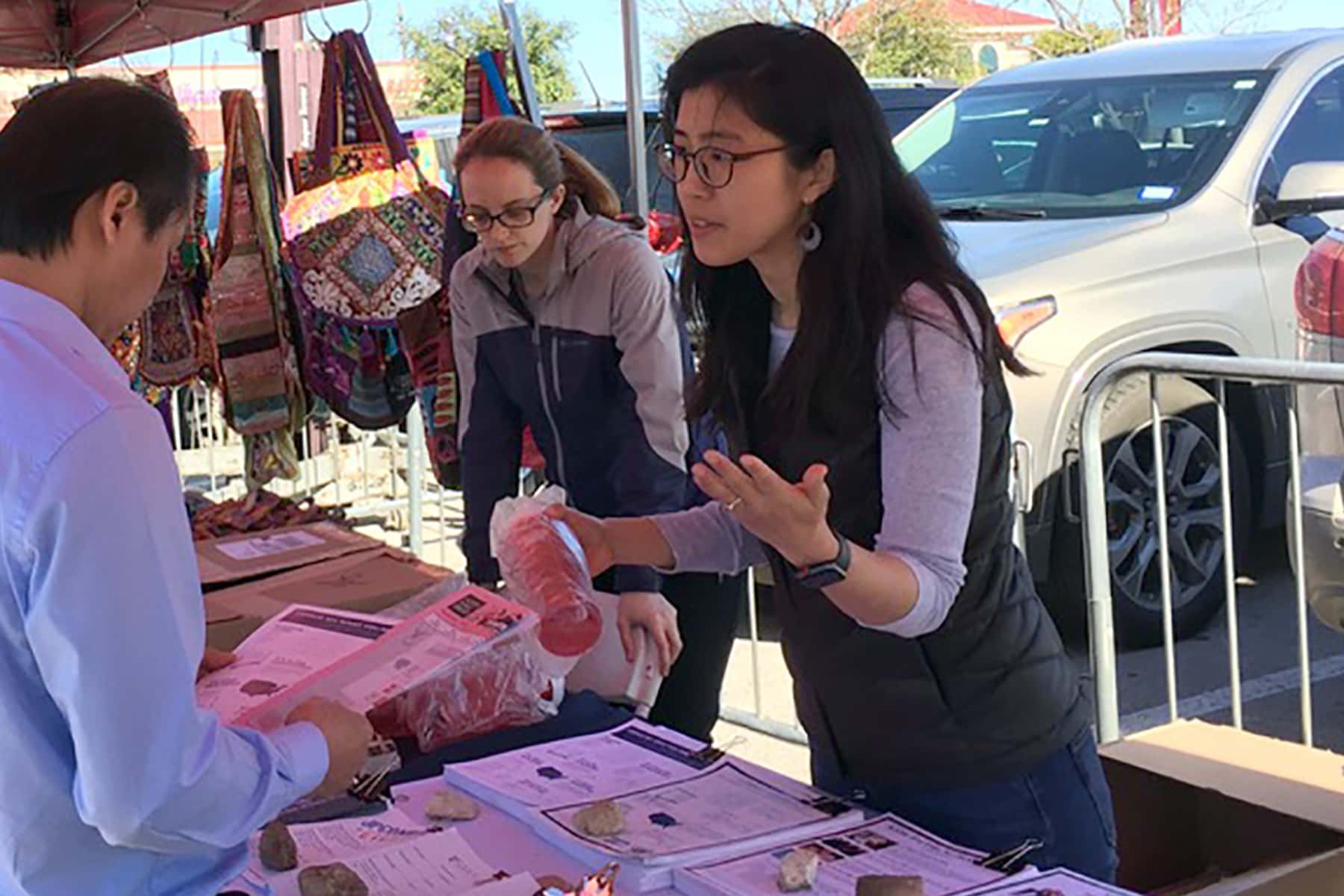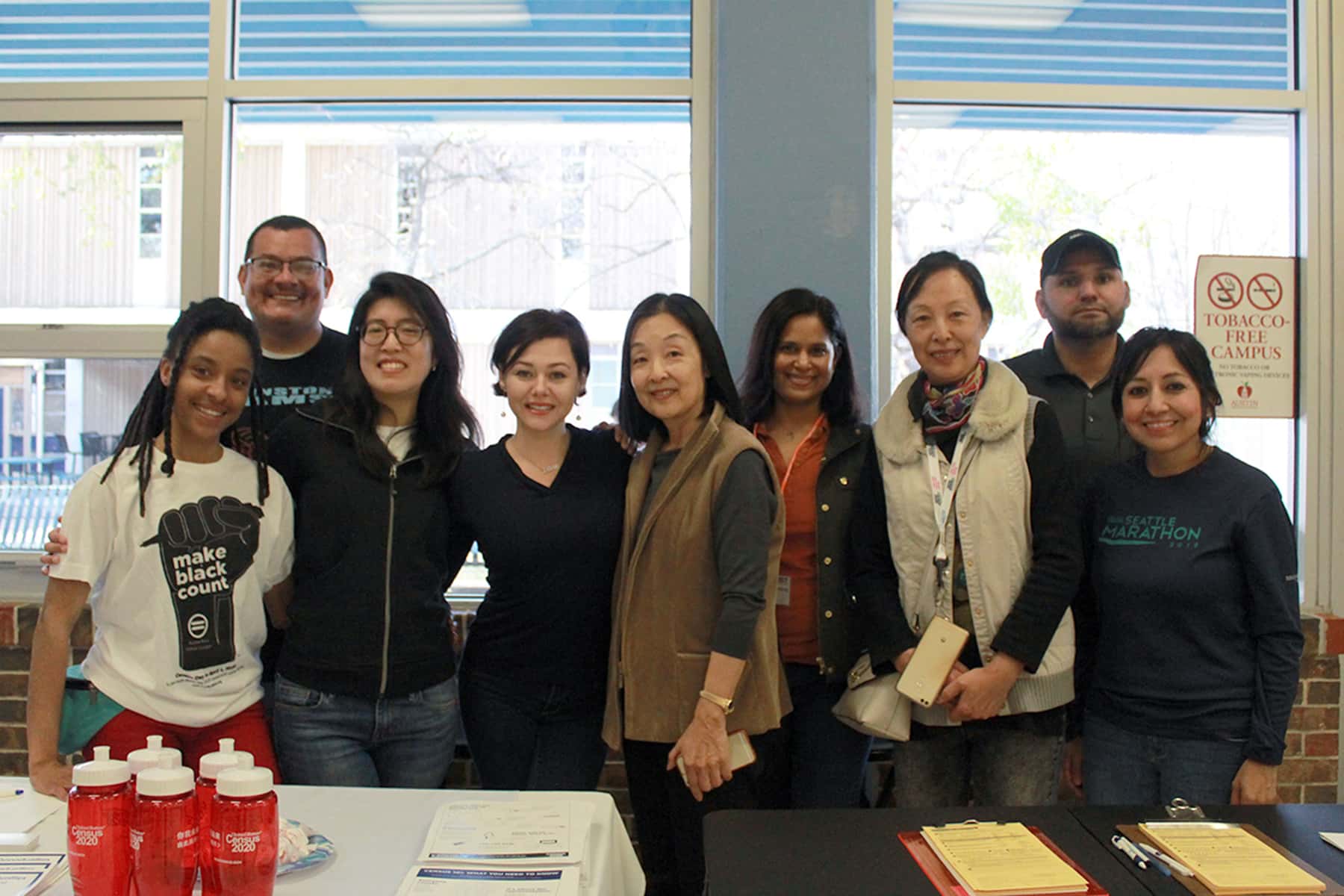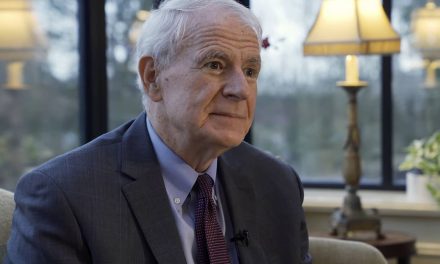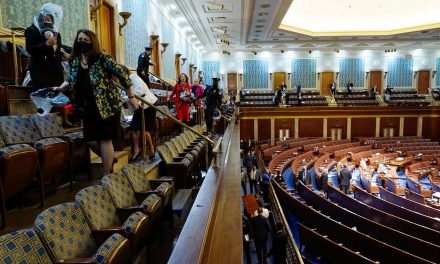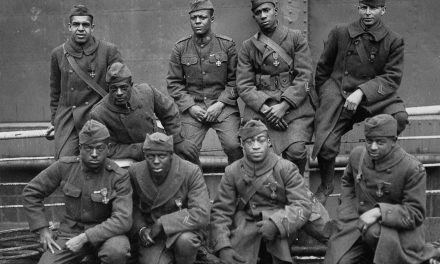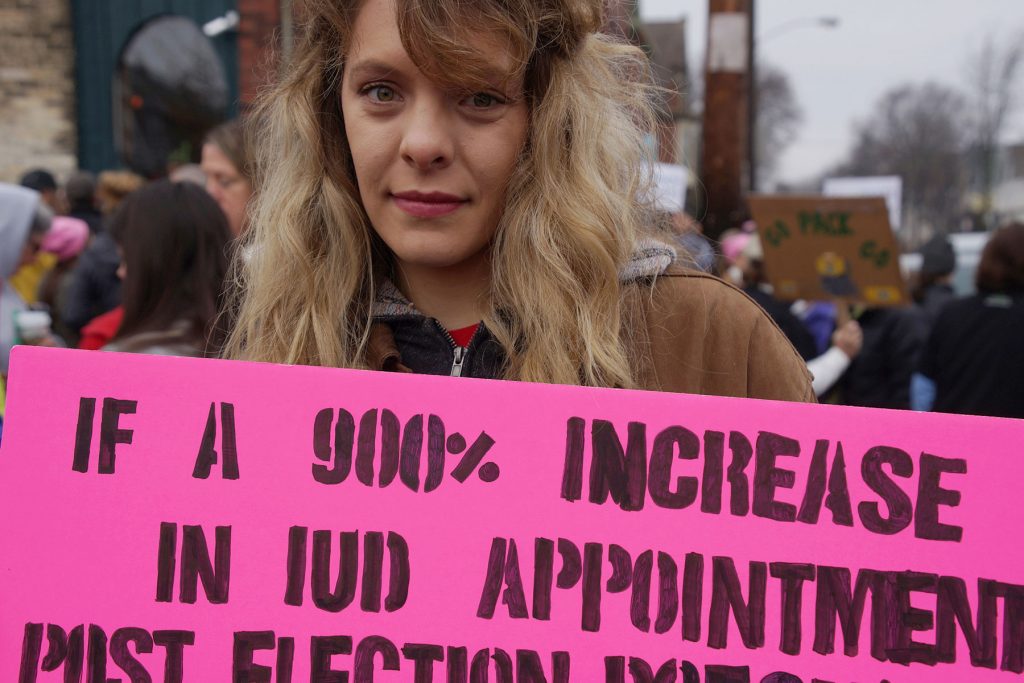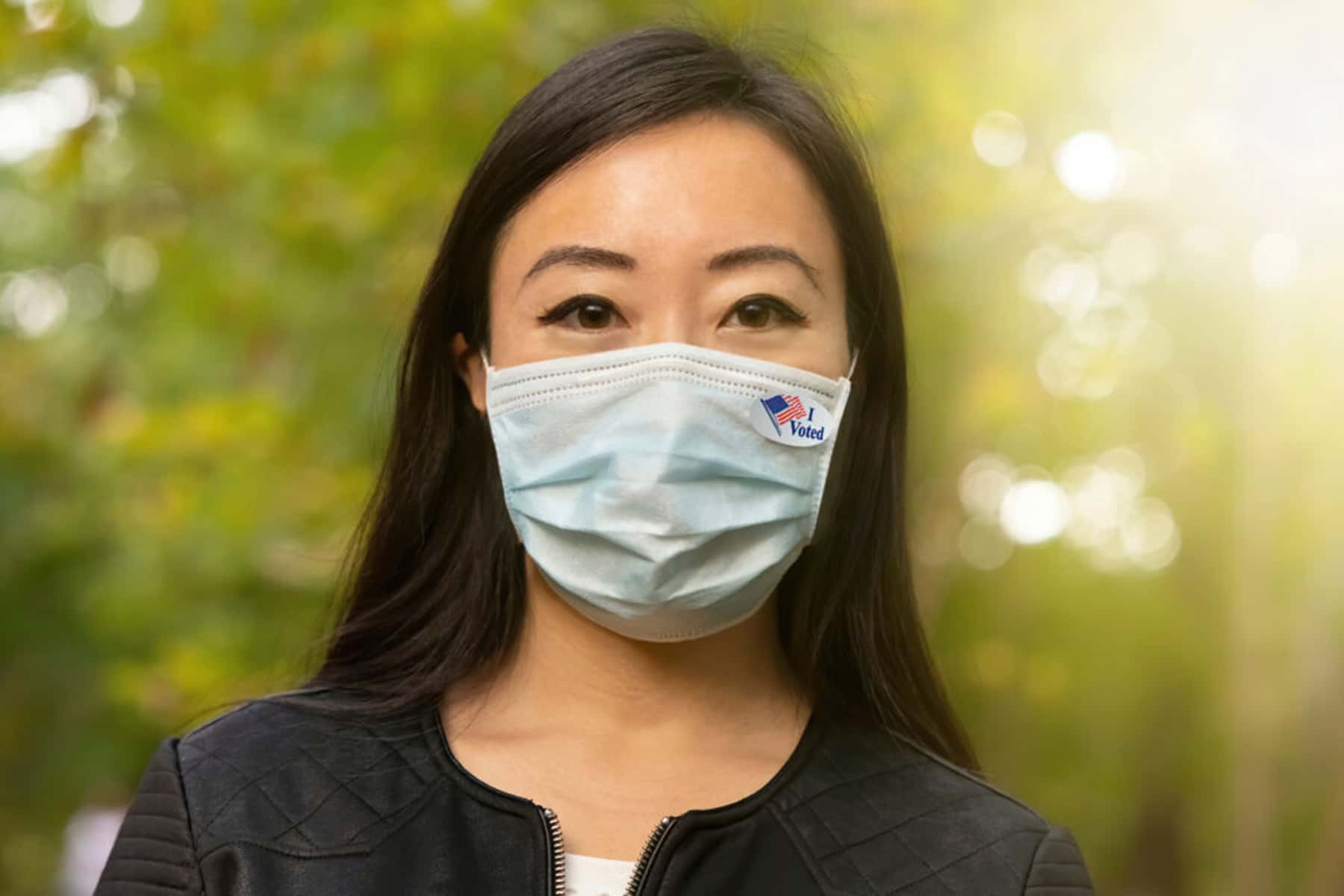
In elementary school, I always knew I was the next on the classroom roster when the teacher paused, chuckled, and said, “I’m not even going to try to pronounce this name.” I would raise my hand and say, “that’s me,” as if I were claiming to be the silence itself. I had a typical South Indian name—lots of letters, easy to mispronounce. But when it wasn’t pronounced at all, that’s when I was rendered invisible.
So when Vice President-elect Kamala Harris spoke her South Indian immigrant mother’s name, Shyamala Gopalan Harris, in her speech as she accepted her new job — understandably the second most powerful in the country, and perhaps the world — I stood shocked. Was that so hard?
By being named, VP-elect Harris’ mother existed as the person who’d made this event possible. Her own first name, Kamala, was also my grandmother’s name. All that naming made me feel more seen. In a democracy, where participation is visibility, Asian Americans are often unseen as part of the civic fabric of our communities. The 2020 Census was a means by which to address that relative invisibility.
In the past nine months, I have worked with a team of Texas Asian American leaders on the Austin Asian Civic Coalitions Committee — representing diverse generations, immigration stories, and countries of descent — to ensure that all Asian American Pacific Islanders were counted in Central Texas.
We sought to meet a challenge cited in a 2019 Census report: Asian Americans are the least likely racial group to respond to the Census — or even express familiarity with it. By not responding, AAPIs wouldn’t just lose out on critical resources but also on an incredible opportunity to dispel the stereotypes that keep us civically invisible. We were told by the United Way for Greater Austin that a 1% undercount could result in a $25 million loss in federal funding.
Therefore, when COVID forced us to take our boots off the ground, we found translators, worked with digital marketing experts, and partnered with community leaders and organizations to contact to hard-to-reach communities in every way we could. In the end, our efforts contributed to aggregate Census response rates of 67% and 72%, respectively, in Travis and Williamson Counties. Our success provided assurance that communities with AAPIs will receive federal funding for education and health care, and, importantly, political representation. We would be politically visible.
In the fall, at the close of the Census, we transitioned seamlessly and became a get-out-the-vote committee. We knew that, in 2016, AAPIs received less contact from the two major parties than Black or White communities; our votes were taken for granted. Reaching out to those communities with which we’d created relationships, we hosted multiple well-moderated nonpartisan candidate forums, posted FAQs about how to vote in a pandemic year, registered new voters, and highlighted the runs of Asian Americans of all political persuasions.
Our work contributed to the record turnout of folks in our two counties who voted early, by mail, or in person. With our colleagues organizing in the Black, Latinx, and LGBTQ communities, we in the AAPI community represented a larger national movement that brought unheard voices to the voting booth.
In states such as New Mexico, Georgia, and Michigan, these previously unseen faces changed the course of local, state, and national elections. All this visibility culminated when Vice President-elect Harris — a woman of AAPI heritage — thanked the crowd in Delaware.
I appreciate that Harris identifies as Black and that her civil rights organizing mother raised her in a Black community, recognizing early that her daughters would always be perceived as Black, being that their Jamaican-American father is a Black man. As a Howard grad and a member of the Alpha Kappa Alpha sorority, with allegiance to HBCUs and the Divine Nine, Harris’ ties are with Black women, who have shown unflagging support for her during this election season.
I’m also keenly aware that values and the policies they guide are not necessarily predicated on the intersectional identities of the people in power, nor should they be. Those on the left and on the right will be watching Harris closely to see her put her values into practice. But all that is the sausage-making, to be negotiated, viewed, and criticized. These facts do not contradict this: I felt seen.
And what’s most important about visibility — whether of the AAPI community, the Black community, or even the folks who resolutely didn’t vote for Biden/Harris — is that the amplifying of all voices, handled gracefully and respectfully, can lead to a more robust and inclusive civil discourse. We have a responsibility to ourselves to bring others into the light by supporting a fair fight, elevating fact over fiction, or just, as we did it, knocking politely on real and imaginary doors.
Representation may not be everything, but it does render us all a bit less unseen. For now, for me, it is enough to have heard, from the vantage of one of the highest offices of the land, a name that was pronounceable after all.
Sυchіtrа V. Gυrυrаj
Аlіcе Yі
Originally published by YES! Magazine as For Asian Americans, Civic Participation Is Visibility

